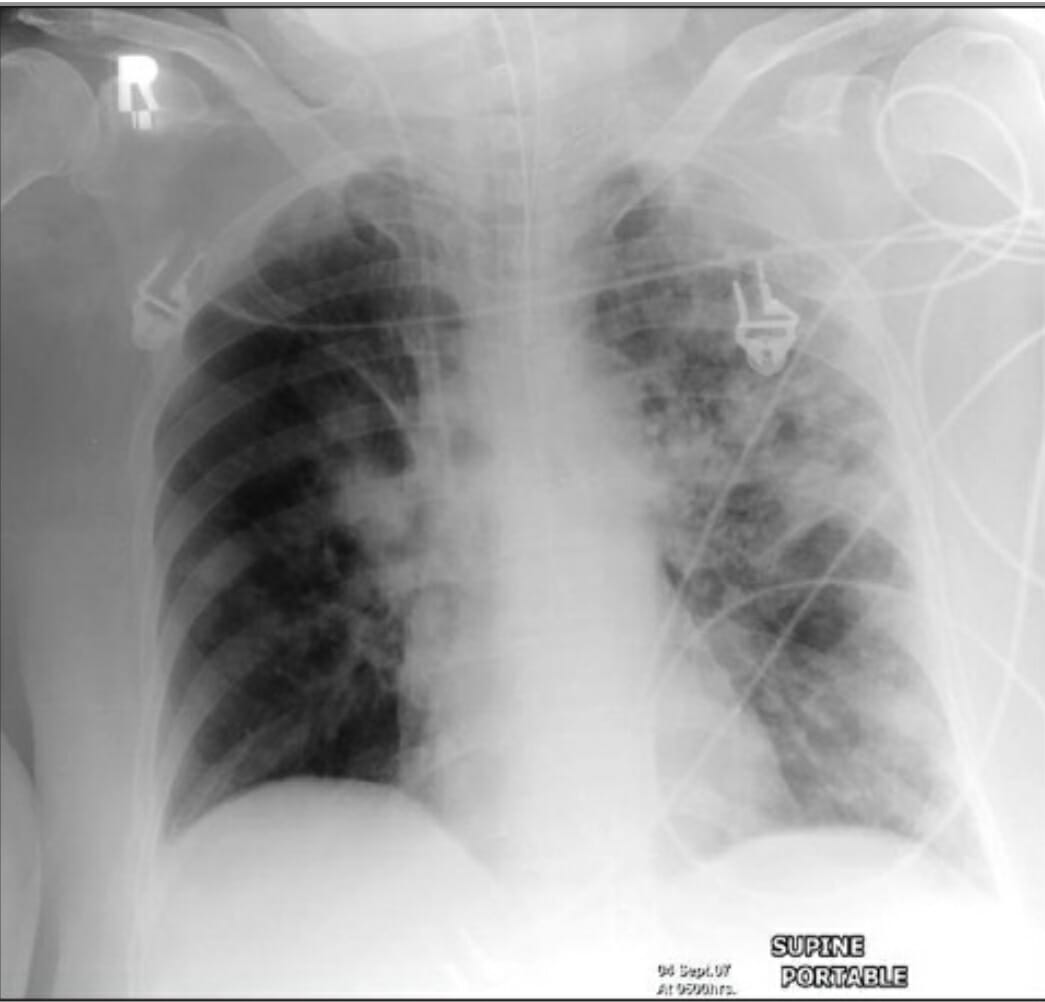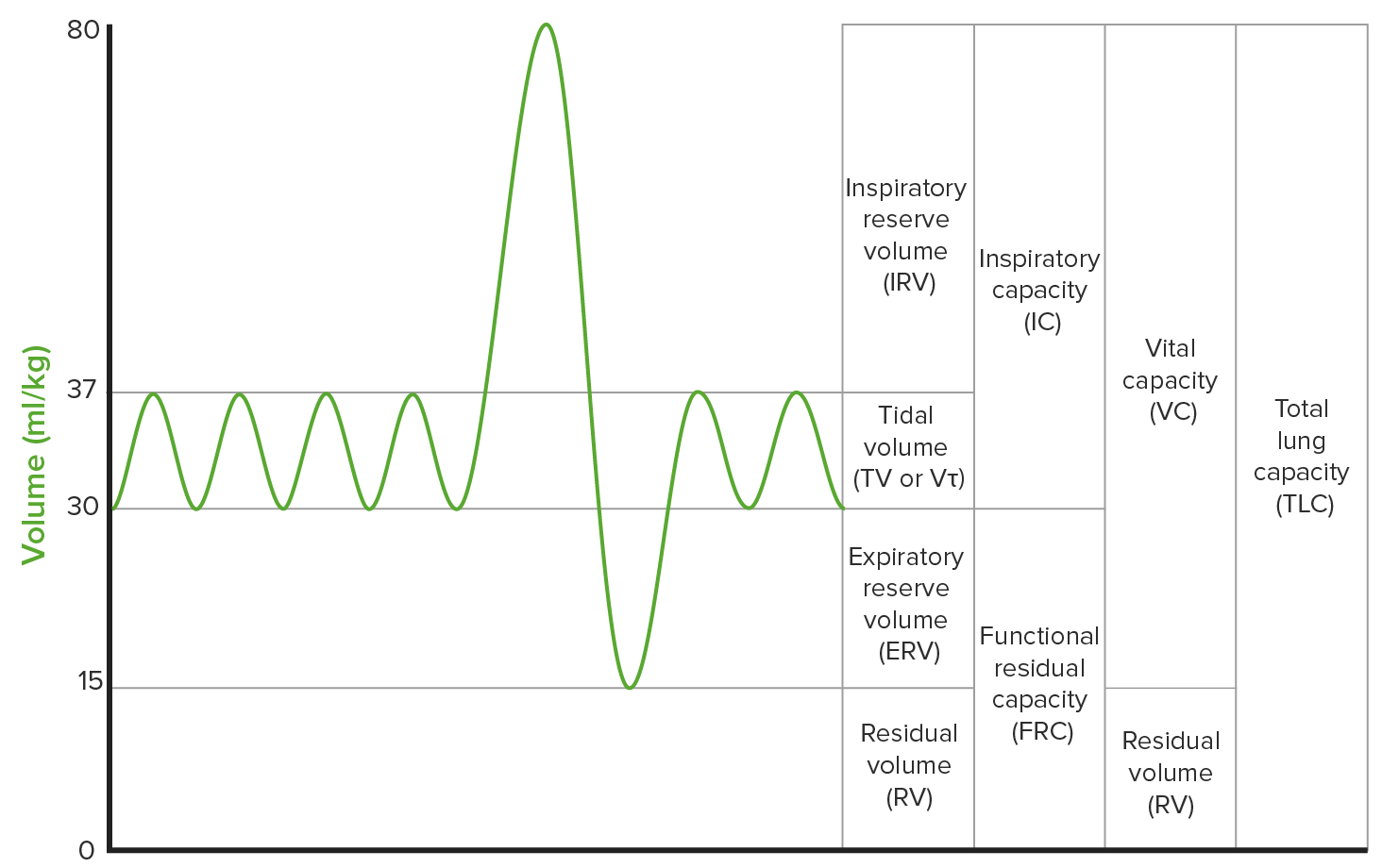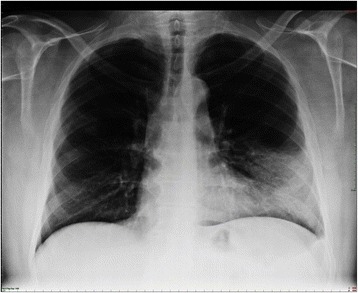Playlist
Show Playlist
Hide Playlist
Pneumonia: Classification
-
Slides 01 URTIBronchitisPneumonia RespiratoryAdvanced.pdf
-
Download Lecture Overview
00:00 So, pneumonia is classified into different types. 00:04 The first -- the most important and the subject of most of this talk today is community acquired pneumonia. 00:11 And that is what it says in its name is a pneumonia that is acquired when you're living at home and not in hospital or anything else. 00:18 So it's the normal standard pneumonia that you pick up in your everyday life. 00:23 The other important forms of pneumonia are hospital acquired which as it says is a pneumonia that you develop when you're in hospital. 00:31 So you're admitted to hospital for another reason, say you're having an operation and then after the operation you develop a pneumonia. 00:38 That will be a hospital acquired pneumonia. 00:40 A third form of pneumonia is ventilator acquired. 00:43 That's basically a subtype of hospital acquired pneumonia. 00:46 But it means this is pneumonia in patients who are on intensive care unit being ventilated. 00:52 And they are susceptible to pneumonia because the ET tube, the endotracheal tube bypasses quite a lot of the normal immune mechanisms preventing infection. 01:02 And the last category, the immunocompromised host. 01:05 These are patients who have a very severe defect to their immune system and that allows a range of unusual organisms, bacteria, viruses and fungi to cause the pneumonia so the chance of having a pneumonia through unusual is much higher in these patients. 01:24 But we're talking about patients who have severe immunocompromised state. 01:27 So those who've had chemotherapy for cancer, those with HIV infection, with poor CD4 counts, those who had transplantation with their marrow or their kidney or their lung, etc. 01:38 So patients really with very severe immune defects. 01:42 So, who gets pneumonia? Well, there's an easy answer for that question. 01:46 That is absolutely everybody could get pneumonia. It's not uncommon in young people. 01:50 But, it is particularly common in two age groups. The very young, the under-fives. 01:55 And as I mentioned before, it's the commonest cause of death across the developing world in the under-fives and the elderly. 02:03 And there's an almost exponential increase in the chance of developing pneumonia after the age of 65. 02:08 So, it ends up that the chance of developing pneumonia in somebody who's very old over 85 is about 5% a year. 02:16 The risk factors for pneumonia also as well as age include previous influenza or other viral infections. 02:23 Because as I mentioned in the influenza lecture, a viral infection of the respiratory tract affects the immune response to bacteria and allows bacterial infections to develop as a consequence of the viral infection. 02:35 So secondary bacterial pneumonias after influenza are very common. 02:39 And that's the major way by which death is caused during the pandemics or has been in the past. 02:45 For example the post-World War I pandemic which killed 20 million people. 02:48 Most people died of pneumococcal and Staphylococcus pneumonia after having the influenza virus infection. 02:55 Other people who are more susceptible to pneumonia are alcoholics or people with liver cirrhosis cuz that affects the ability of the immune system to fight bacteria. 03:05 Smokers, allows the bacteria to establish infection in the lungs more readily. 03:09 Actually having had one episode of pneumonia makes you two or three times more likely to have another episode. 03:15 It marks you out as somebody who's susceptible to pneumonia. 03:17 And then patients with chronic disease, chronic lung disease, COPD for example, chronic neurological disease, dementia, previous stroke, etc. 03:26 Any renal impairment or cardiac failure. 03:30 These are all reasons why -- these all increase the chance of getting community acquired pneumonia. 03:35 Now, if you have hospital acquired pneumonia, you need to be in hospitals. 03:40 So if you're hospitalized for a reason, then you're at risk of hospital acquired pneumonia. 03:44 And if you're ventilated, then you're at risk of ventilator acquired pneumonia. 03:48 And the risk of that is about 1% per day that you are ventilated. 03:51 And then of course the patients who have immunosuppressed for their treatment for their cancer or because they've had a lung transplantation, etc. 04:01 Those will be at risk of pneumonia of the immunosuppressed patient.
About the Lecture
The lecture Pneumonia: Classification by Jeremy Brown, PhD, MRCP(UK), MBBS is from the course Infections of the Respiratory Tract.
Included Quiz Questions
What factor is NOT related to an increased risk of developing pneumonia?
- High socioeconomic status
- Recent influenza infection
- Smoking
- HIV infection
- Greater than 65 years of age
Which of the following best defines hospital-acquired pneumonia?
- Pneumonia acquired 48 hours after a hospital admission
- Pneumonia acquired in the community requiring hospitalization
- Pneumonia transmitted by healthcare personnel
- Pneumonia associated with foreign body aspiration
- Pneumonia associated with medication
Which of the following is a risk factor for pneumonia?
- Previous episodes of pneumonia
- Migraine
- History of lymphedema
- Appendicitis
- Multiple sexual partners at a young age
Customer reviews
5,0 of 5 stars
| 5 Stars |
|
5 |
| 4 Stars |
|
0 |
| 3 Stars |
|
0 |
| 2 Stars |
|
0 |
| 1 Star |
|
0 |






